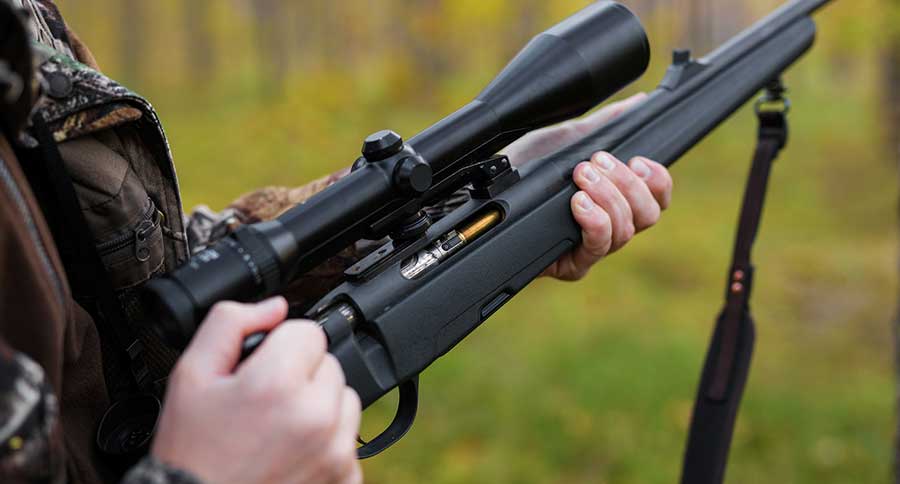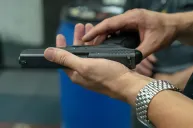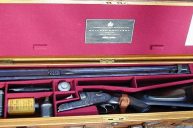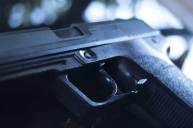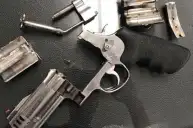Do you name your firearms? How about your bow or truck? The greats that came before us all had famously named weapons for many different reasons.
Have you ever wondered who was the first person to give a personal name to an object? I wonder if people thought they were crazy or brilliant. Probably a little of each.
Knowing the background of naming firearms will convince you to give yours a name if you haven't already.
Stories, Spells, & Simplicity
People have been giving weapons names for ages. There are swords from fables that are so old we can't even guess when the tradition started. And while some people may name weapons out of tradition today, it likely began as a tool for telling stories.
Our early ancestors didn't exactly have an easy method to jot down a note. And when it came to entertainment you couldn't beat a first-rate storyteller. Storytelling is an art form of which there are few masters left today. Back then it was someone's job to know a ton of stories. Naming a weapon in a story gives it presence, personality, and makes it easier to refer to when there is more than one. Try describing a sword fight without naming either sword. It sounds tedious!
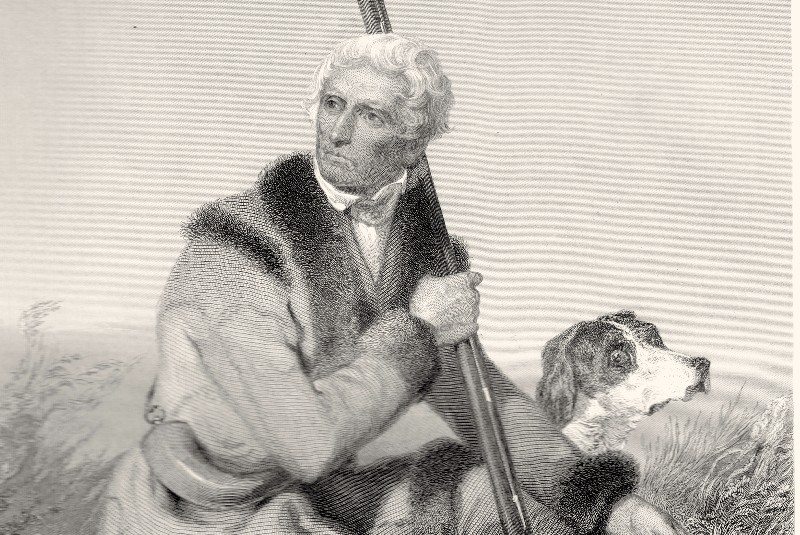
Daniel Boone with his gun Tick-Licker
Instead, by naming a weapon, it makes it a character within the story. Look at Daniel Boone's rifle, so named "Tick-Licker" because he claimed he could hit creatures as small as a tick with that rifle. Or how about the sword "Durandal," whose name meant hard-edge and was fabled to be unbreakable? These names give these weapons personality and inspire stories.
Along those same lines, most older belief systems placed power in names. Naming an item isn't too far from a spell or a blessing. But names weren't just given, they were earned.
The Spear of Destiny or the Holy Lance was allegedly named because it pierced the side of Jesus Christ. Kusanagi means "grass cutter" in Japanese; the hero who wielded it was able to cut down a field of grass in a single swing when a God tried to burn him with the field.
It's interesting to note that while most cultures seem to have a history of naming important weapons, the Greeks and the Romans have almost no records of naming personal weapons. Instead, they tended to name siege weapons and ships.
Helepolis, meaning "Taker of Cities," was a massive siege engine with nine levels of ballistae and catapults that took over two hundred men to operate.
Modern Reasons
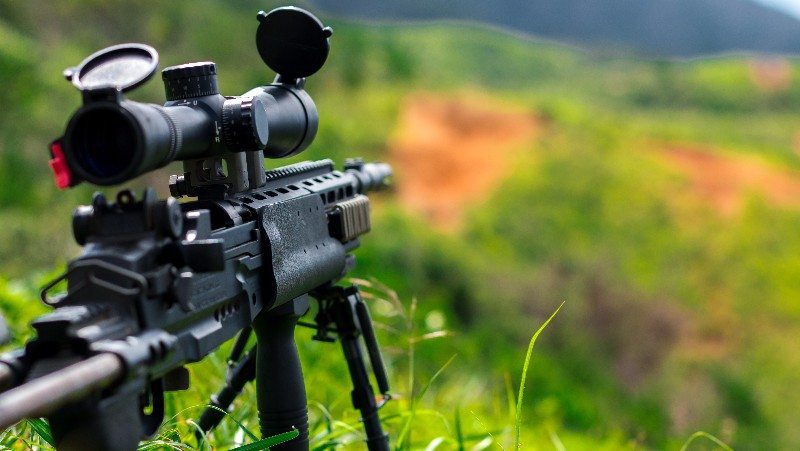
Sometimes a name is simply for sheer convenience. This is especially true in the case of modern weapons. Today's nomenclature for firearms can be fairly complex. It's a mouthful to rattle off "Beanfield Sniper Remington Sendero SF II," and if you have more than one of the same gun, it's just easier to give each one a name.
A famous example of modern weapons named with a simple way to talk about them is the three atomic bombs of WWII's Manhattan Project. These were code-named "Fat Man," "Thin Man," and "Little Boy."
Thin Man was never actually detonated since its development was aborted due to design flaws. But "Thin Man" is much easier to say instead of "plutonium 239 gun-type nuclear bomb."
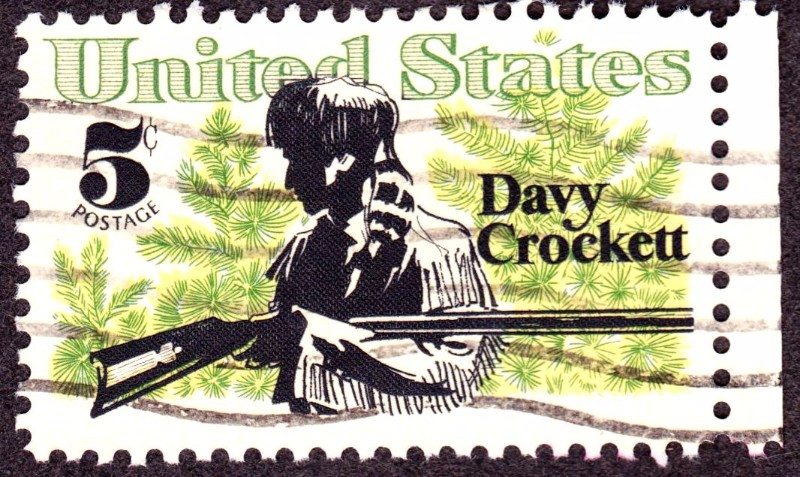
Some people name their guns today to honor a past loved one or the one who passed the gun onto them. For example, Davy Crockett's rifles always had the name "Betsy" in some form to honor his older sister.
There are people who believe it's bad luck for a gun not to have a name, and some guns just seem to pick up a nickname. Others do it because it's funny or simply another means of personalization that speaks to that gun owner's style.
Most hunters are storytellers to some degree, and naming a gun is a great way to lead into an epic tale about how it got that name. Whatever your reasons, it's always fun to hear the names people have come up with!
NEXT: ONE SHOT AND TWO DEER FOR THIS YOUNG MINNESOTA GIRL
WATCH
https://rumble.com/embed/u7gve.v3v4j9/
